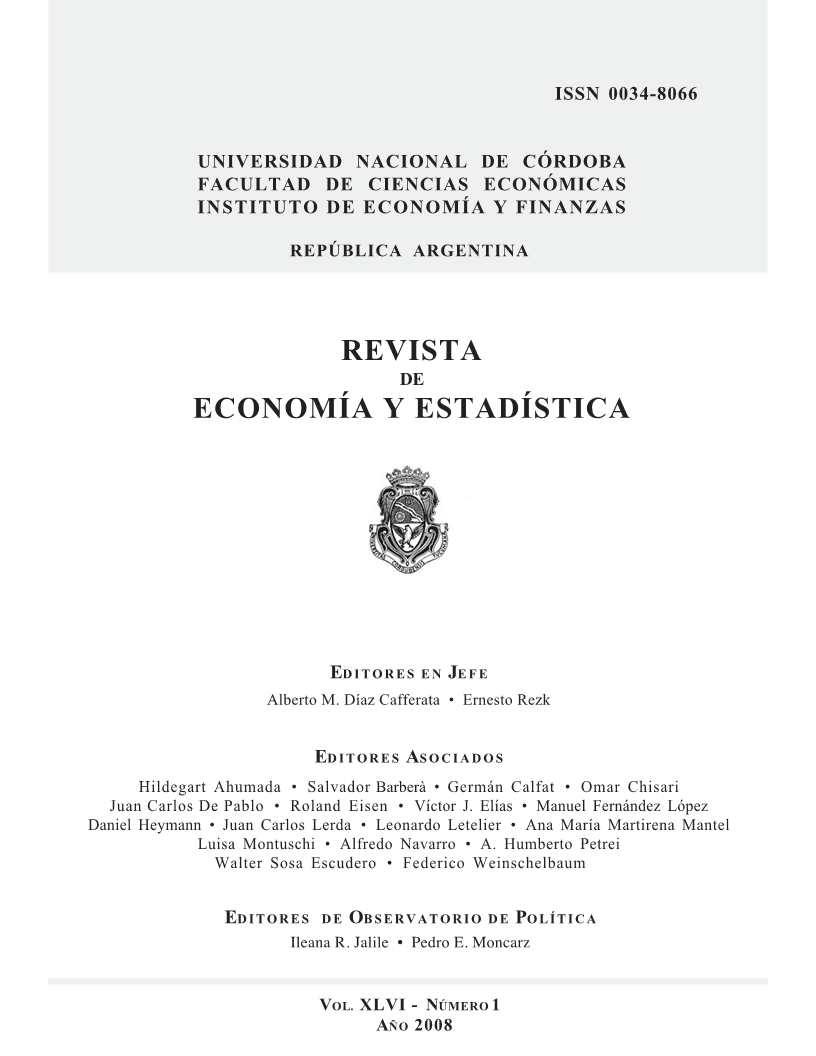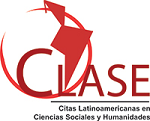On Argentina's Agricultural Policy in the Period 1933-2007
DOI:
https://doi.org/10.55444/2451.7321.2008.v46.n1.3848Keywords:
Argentina agricultural policy, exchange rate policy, external commercial policy, dutiesAbstract
This paper analyzes Argentina’s economic policy in relation to the agricultural sector, specifically those measures implemented since 1933. When possible, we point out the enunciated foundations of these policies; make systematization, and try to detect its effects on the agrarian sector, according sub-periods on the base of the predominant economic ideas which inspired the implemented policies. Three key instruments that can be said constitute specific agrarian policies were detected: external commercial policy (“export taxes”), exchange rate policy, and price policy. It is not an objective of the paper to do an exhaustive analysis of the whole period, but rather we concentrate on those sub-periods that were rich in policies generation. It is concluded that specific agricultural economic policies were initially designed to unrest the effects of the crisis at the beginning of thirties, and were thought as transitory. These policies tented to favor the sector and, through it, the country. As time moved forward, they became clearly discriminatory against the sector.
Downloads
Downloads
Published
Issue
Section
License
Copyright (c) 2008 Rinaldo Antonio Colomé

This work is licensed under a Creative Commons Attribution-NonCommercial-NoDerivatives 4.0 International License.
Authors who have publications with this journal agree to the following terms:
Authors retain their copyright and grant the journal the right of first publication of their work, which is simultaneously subject to the Creative Commons Attribution-NonCommercial-NoDerivatives 4.0 International License that allows third parties to share the work provided that its author and first publication in this journal are indicated.
Authors may adopt other non-exclusive licensing arrangements for distribution of the published version of the work (e.g. depositing it in an institutional telematic archive or publishing it in a monographic volume) as long as the initial publication in this journal is indicated.
Authors are allowed and encouraged to disseminate their work via the Internet (e.g. in institutional telematic archives or on their website) before and during the submission process, which can lead to interesting exchanges and increase citations of the published work. (See The Open Access Effect)










